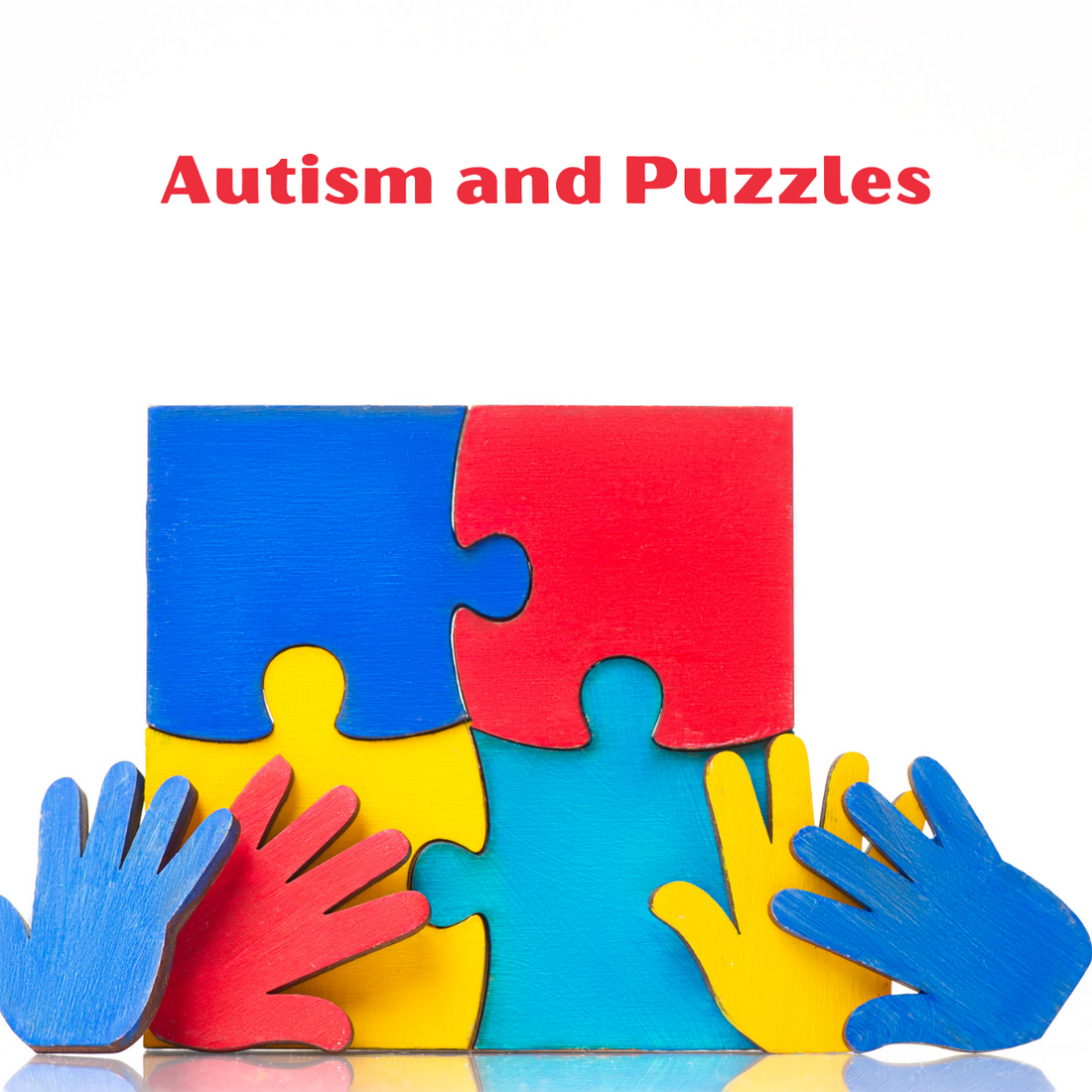Jigsaw puzzles can be a valuable tool for improving communication and social skills in individuals with autism. These puzzles provide a fun and engaging way for individuals with autism to practice important skills such as problem-solving, fine motor coordination, and attention to detail. Additionally, working on a puzzle with others can provide opportunities for social interaction and communication.
One of the primary benefits of using jigsaw puzzles to improve communication and social skills in individuals with autism is that they provide a structure for interaction. The puzzle itself serves as a shared goal, which can help individuals with autism to focus on a common task and engage in conversation and cooperation with others. For example, working on a puzzle with a parent or therapist can provide opportunities for individuals with autism to practice asking for help and giving directions.
Jigsaw puzzles also provide an opportunity for individuals with autism to practice fine motor coordination and attention to detail. These skills are important for everyday activities such as writing, typing, and using utensils. By working on puzzles, individuals with autism can improve their ability to manipulate small objects and pay attention to details, which can help to improve their overall functional abilities.
Another benefit of using jigsaw puzzles to improve communication and social skills in individuals with autism is that they can be adapted to different skill levels. For example, simpler puzzles with larger pieces can be used to help individuals with autism practice problem-solving and fine motor coordination, while more complex puzzles with smaller pieces can be used to challenge individuals with autism and help them to improve their attention to detail.
In conclusion, jigsaw puzzles can be a valuable tool for improving communication and social skills in individuals with autism. They provide a structure for interaction, an opportunity to practice fine motor coordination and attention to detail, and can be adapted to different skill levels. It's important to keep in mind that it's best to work with a therapist or specialist to ensure that the puzzles are tailored to the individual's needs and abilities.

